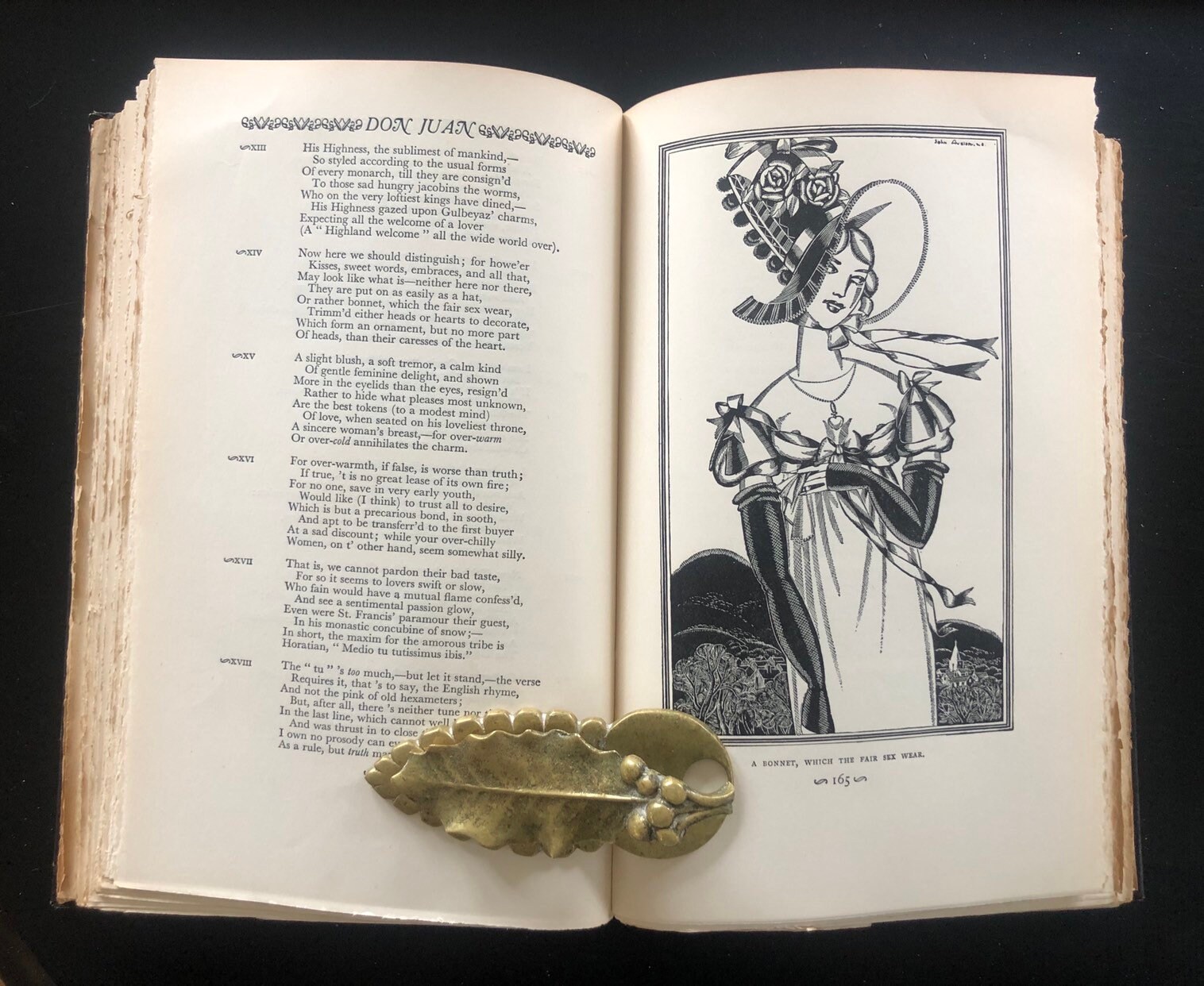


Presented below are excerpts from Don Juan that contain Augustan characteristics, such as satire, irony, comedy, and empiricism (the theory that true knowledge come through the senses rather than reason). Don Juan should be viewed as a statement of Byron’s perspective on the state of Romantic poetry as well as a piece that combines Augustan and Romantic characteristics.įor more information on the Augustan Age and Romanticism, click here. The criticism of other rival writers, as seen here, was a common trope of the Augustan period. For example, he writes, “Thou shalt believe in Milton, Dryden, Pope /Thou shalt not set up Wordsworth, Coleridge, Southey /Because the first is crazed beyond all hope,/The second drunk, the third so quaint and mouthy:” (ll.1633-1636).

Not only are the events and characters of the poem infused with satire and humor reminiscent of Augustan Age, but Byron also praises Augustan poets and downplays noteworthy poets of the Romanticism. The narrative form of Don Juan as a variation on the epic form, or mock-epic, reminds us of Augustan works, such as Alexander Pope’s The Rape of the Lock. While it is clear from his other works and the time during which he was active that Byron was a Romantic, Don Juan contains elements from the previous literary period. Unlike the legendary Don Juan, known for his philandering, Byron’s Don Juan is about a man who is seduced by women. Begun in 1818, Don Juan’s 17 cantos remained unfinished by Byron’s death in 1824. Such is the case with Lord Byron’s poem Don Juan. By contrasting the characteristics of Augustan and Romanticism poetry, it becomes possible to better understand the major poetry of these adjacent movements.


 0 kommentar(er)
0 kommentar(er)
